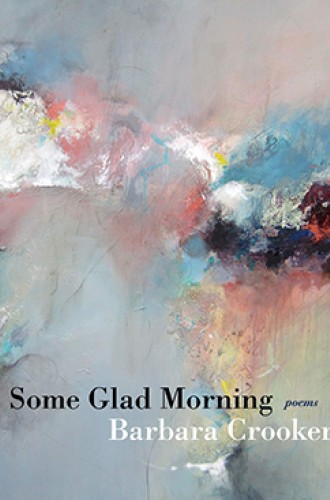After reading through the exuberant poems in Barbara Crooker’s ninth book, I began to look at the world with different eyes. I found small, seemingly ordinary things to praise and felt myself transformed by her example of radical gratitude for this life just as it is. I recalled the words of the Benedictine monk Brother David Steindl-Rast: “In daily life, we must see that it is not happiness that makes us grateful, but gratefulness that makes us happy.”
As in her first book, Radiance (2005), Crooker’s poems remain grounded yet wide-ranging. She offers up masterful ekphrastic pieces about paintings by Hopper, Cézanne, O’Keeffe, and Renoir alongside glimpses of everyday hopes and doubts. Whether she’s finding her inspiration abroad or close to her home in Fogelsville, Pennsylvania, Crooker mines each instant for wisdom.
“It’s May,” for instance, revels in the lushness of early summer:






